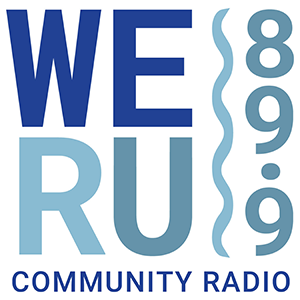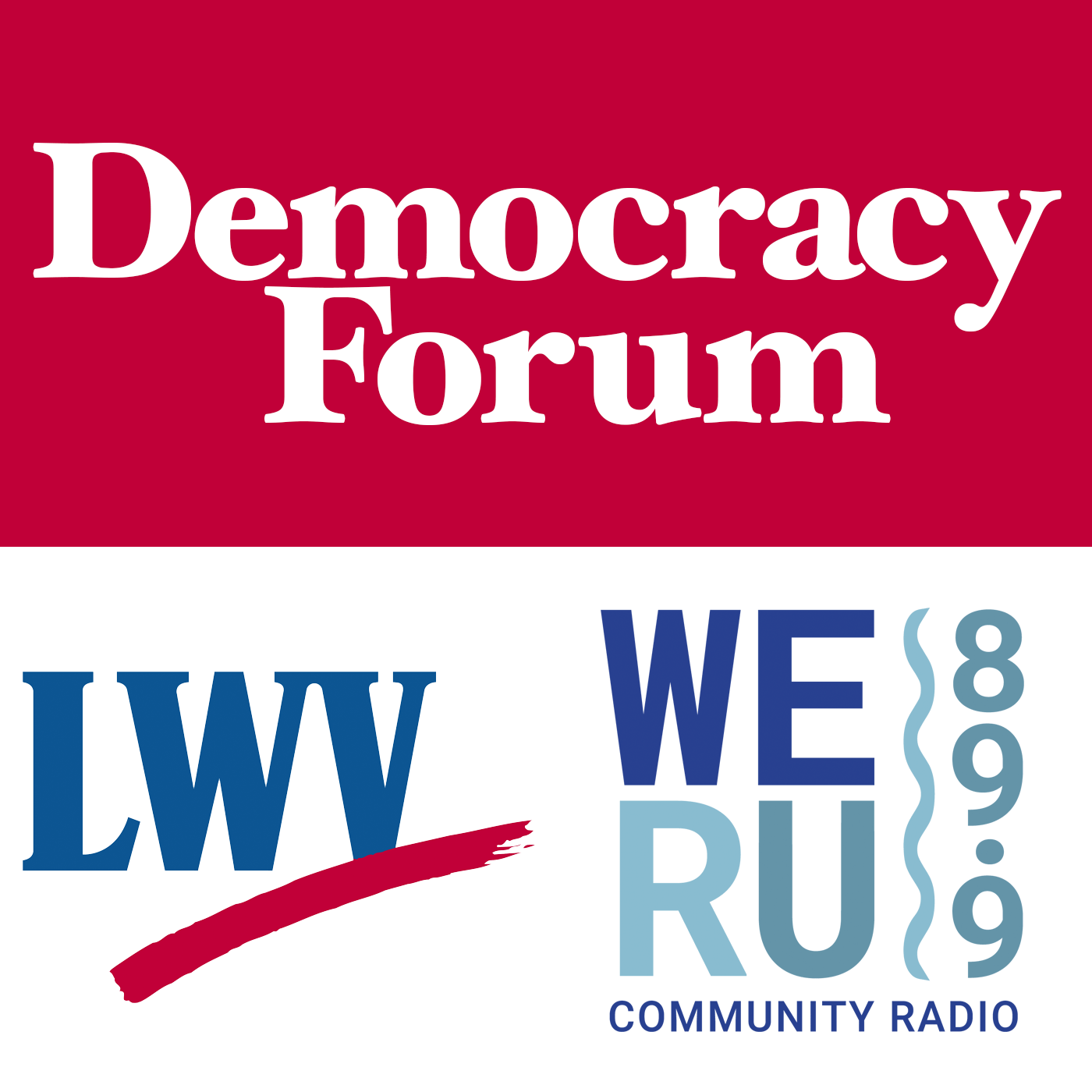Host: Ann Luther, League of Women Voters of Maine
Engineer: Amy Browne
Program Topic: Political Equality: The Founding Vision, the Modern Reality
Key Discussion Points:
a) What do we mean when we talk about political equality?
b) Was it an ideal embraced by our founding fathers?
c) What did it mean to them? What does it mean to us today?
d) To what extent has the founding ideal been realized or thwarted?
Guests:
a) Prof. Ralph Ketcham, Maxwell Professor Emeritus of Citizenship and Public Affairs at Syracuse University, www.maxwell.syr.edu/psc/Ketcham,_Ralph/
b) Prof. Mark Brewer, Professor of Political Science at the University of Maine, umaine.edu/polisci/faculty-and-staff/mark-brewer/
The all-volunteer team at the League of Women Voters – Downeast who plan and coordinate this series includes:
Linda Hoskins
Ann Luther
Marge May
Pam Person
Leah Taylor
Linda Washburn
FMI re League of Women Voters of Maine: www.lwvme.org
Podcast: Play in new window | Download



 Donate to WERU Today!
Donate to WERU Today!